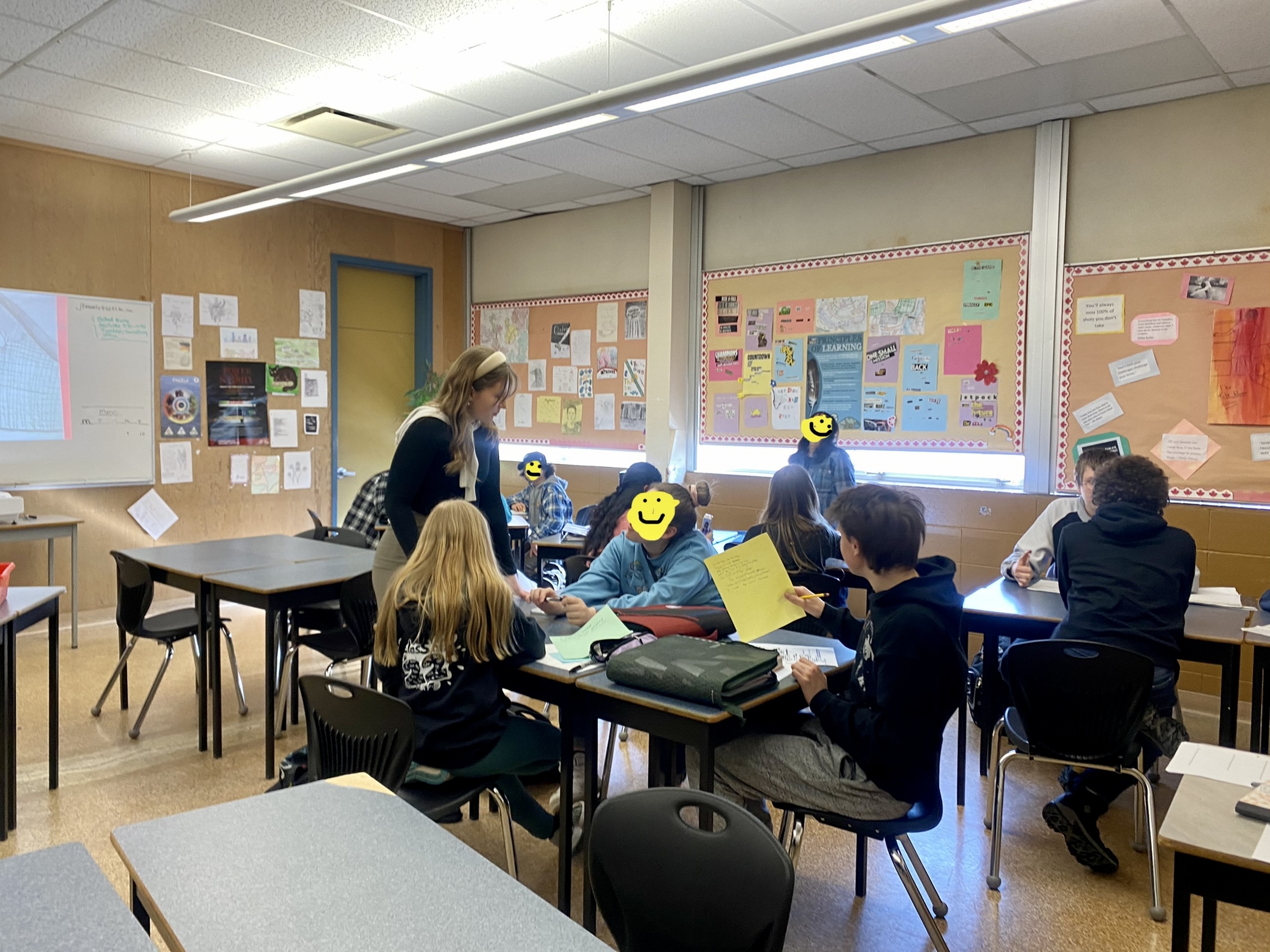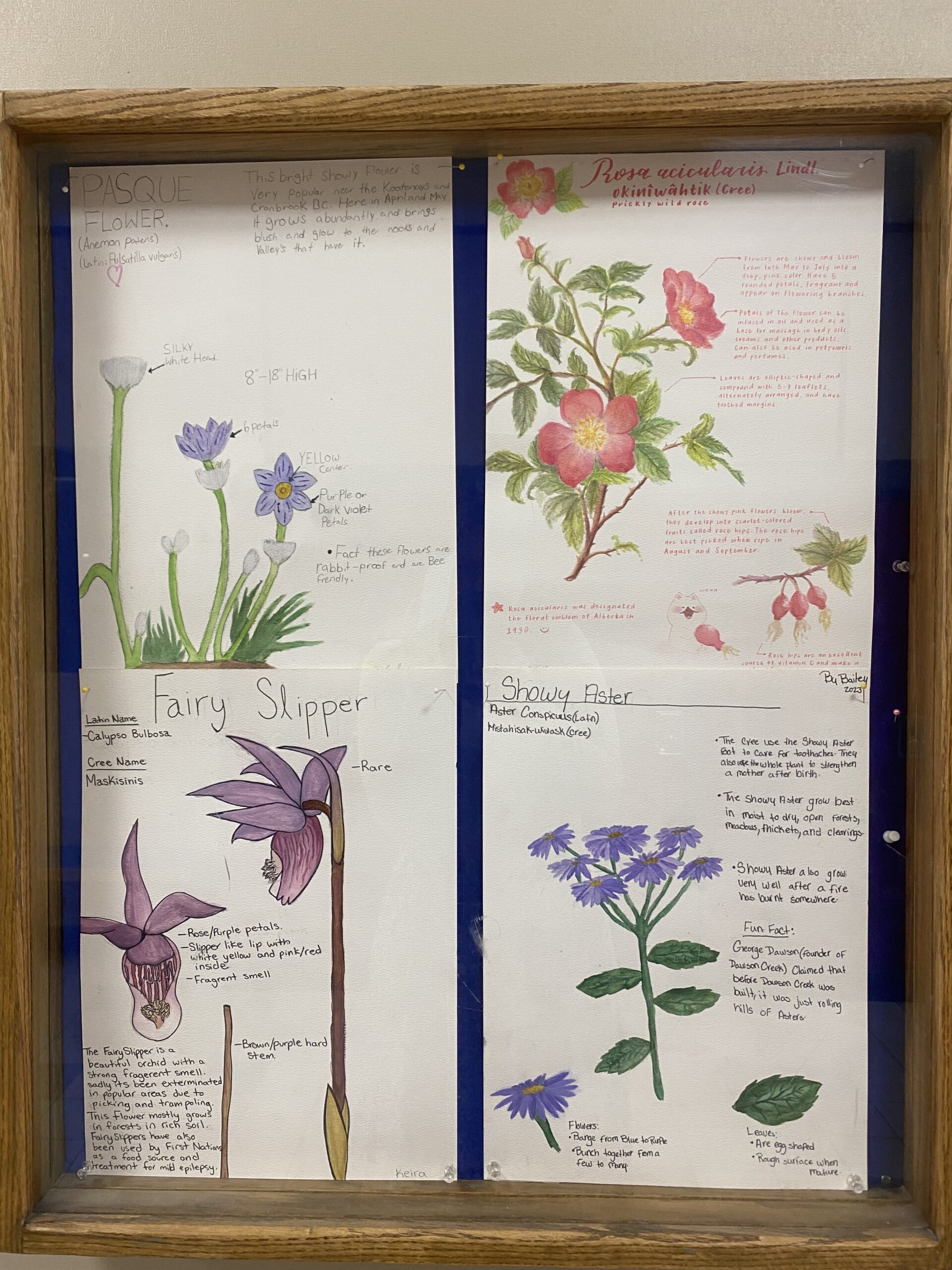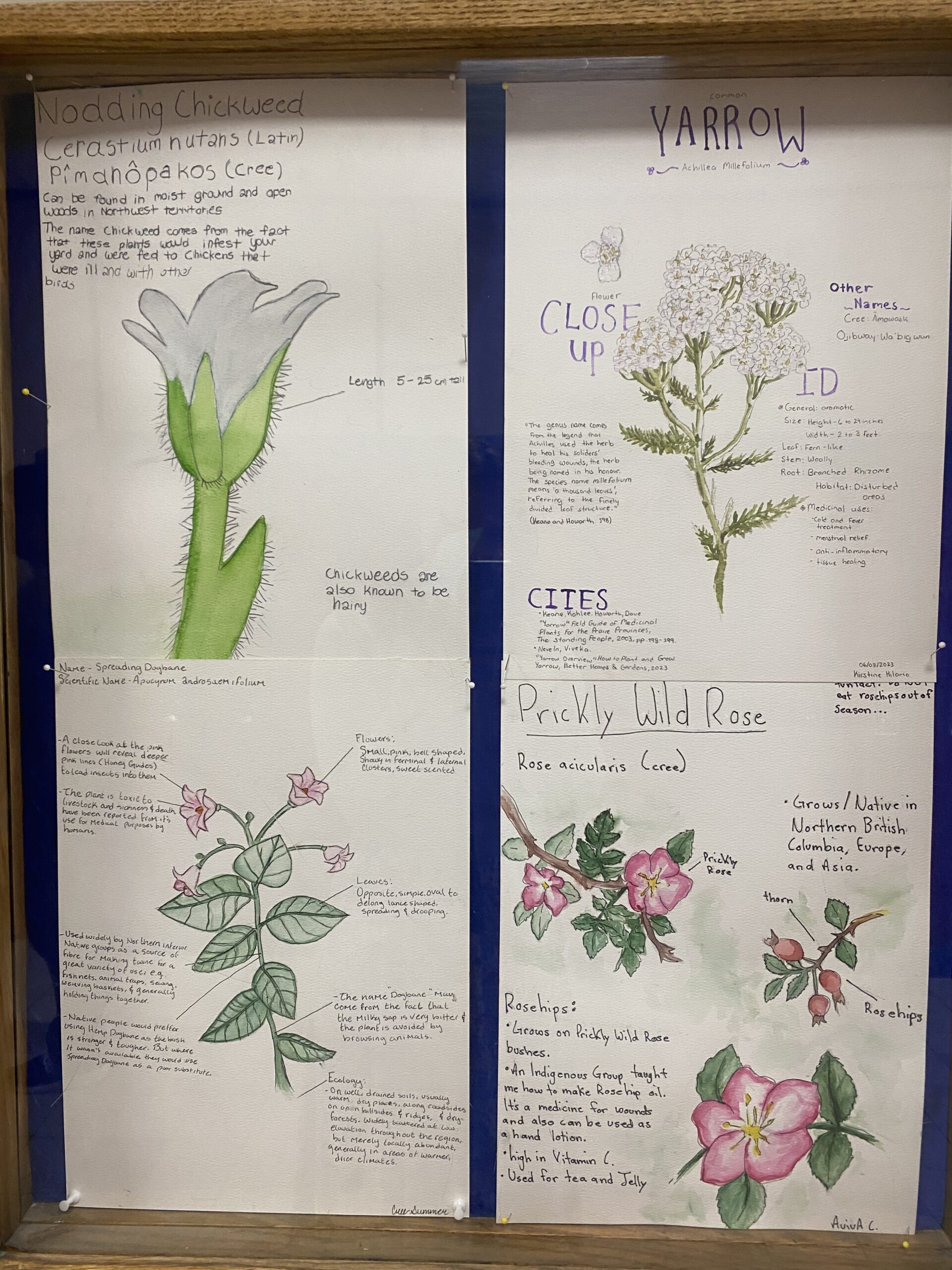the First Peoples Principles of Learning are an integral component of the British Columbia Curriculum, to honor the history, culture, and contributions of Indigenous peoples in the province. These principles aim to guide and inform teaching and learning experiences in a way that respects and incorporates Indigenous knowledge and ways of knowing. Over my experience with practicum and the education program, the FPPL have been a crucial component of my teaching, and something I strive to incorporate whenever I am delivering lessons, interacting with students, and structuring content. The 9 First Peoples Principles of Learning are as followed:
- Learning ultimately supports the well-being of the self, the family, the community, the land, the spirits, and the ancestors: This principle recognizes the importance of self-identity, and how it ties with the community around us. Classrooms should both honor and represent the community.
- Learning is holistic, reflexive, reflective, experiential, and relational: This principle recognizes that learning is not just an intellectual process but involves the whole person. It acknowledges the importance of personal experiences, emotions, relationships, and sense of place in the learning process.
- Learning involves recognizing the consequences of one’s actions: This principle emphasizes the importance of understanding the impact of one’s actions on oneself, others, and the environment. It promotes a sense of responsibility and accountability for one’s learning and behavior.

- Learning is embedded in memory, history, and story: This principle acknowledges that learning is deeply connected to culture and that each culture has its unique ways of acquiring and passing on knowledge.
- Learning involves generational roles and responsibilities: This principle highlights the interconnectedness of all things in the world and how learning should reflect and promote harmony and balance within this interconnected web.
- Learning requires patience and time: This principle emphasizes the importance of allowing sufficient time for learning to unfold naturally and acknowledging that different individuals may require varying amounts of time to grasp concepts fully.

- Learning requires exploration of one’s identity: This principle encourages learners to explore their own identity and cultural heritage, fostering a sense of pride and self-awareness.
- Learning recognizes the role of Indigenous knowledge: This principle recognizes the value of diverse perspectives, experiences, and ways of knowing. It promotes an inclusive learning environment that values and respects all learners.


- Learning involves recognizing that some knowledge is sacred and can only be shared with permission and/or in certain situations: This principle acknowledges the significance of the community in the learning process. It emphasizes the role of elders, knowledge keepers, and the collective wisdom of the community, which is something that cannot be taken or used in a disrespectful matter. I have had a lot of learning to do regarding this principle, as western structures typically do not feel the need to ask permission to share knowledge or information. I have become more comfortable over my time to ask permission to share interesting facts about Dakelh language, culture, and history from speakers such as Jen Pighin, Josh Seymour, and Shanna Labatch.